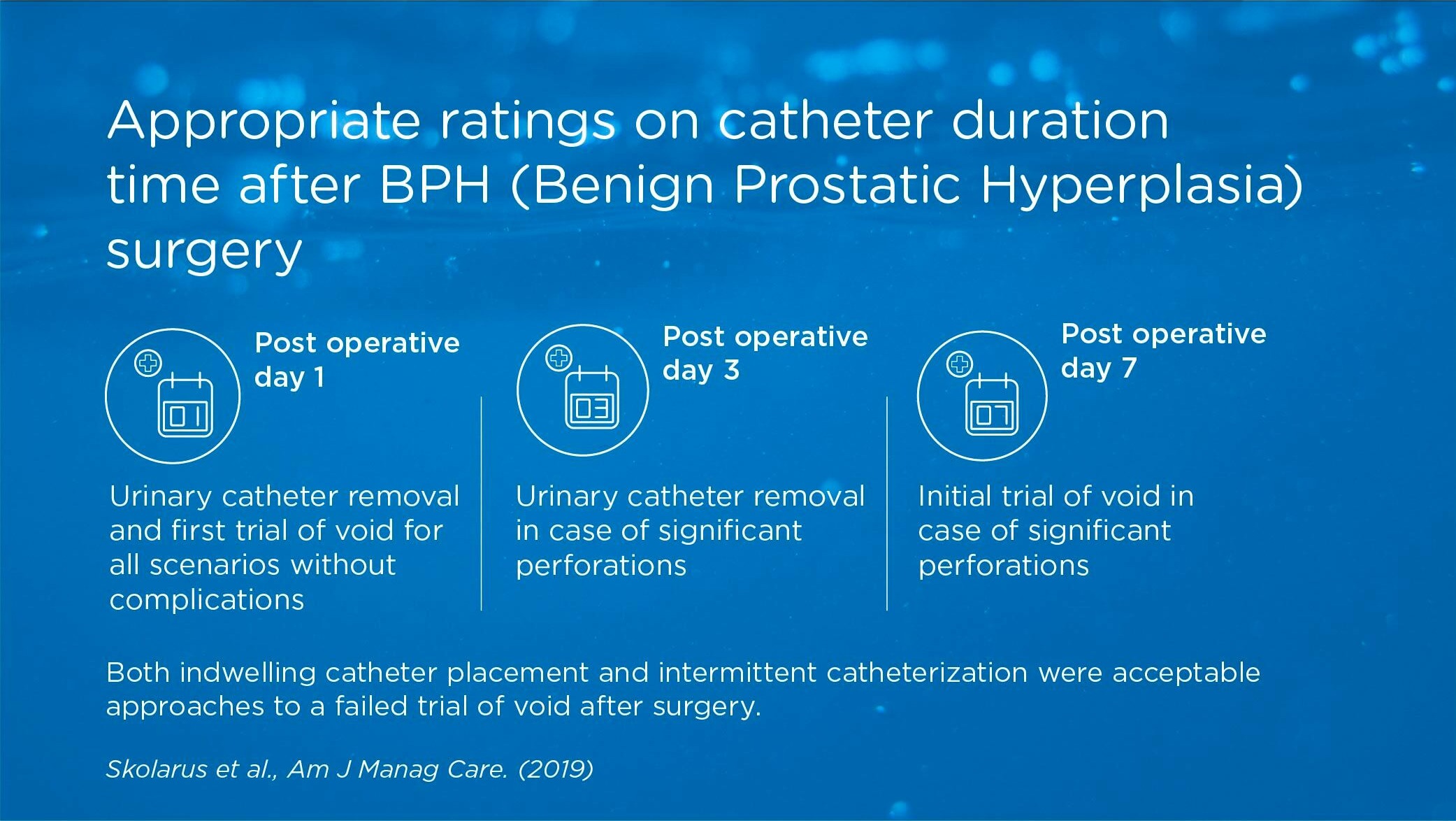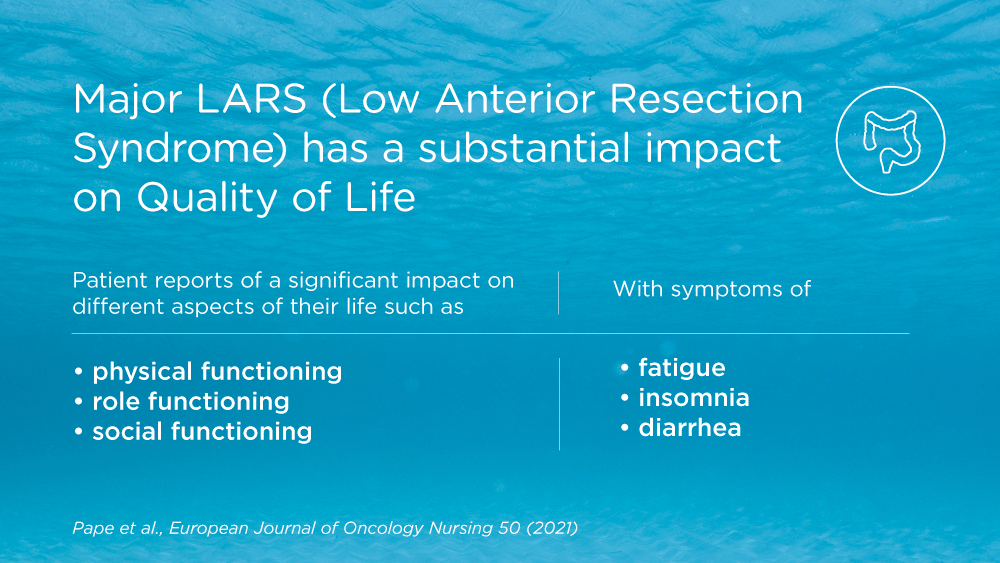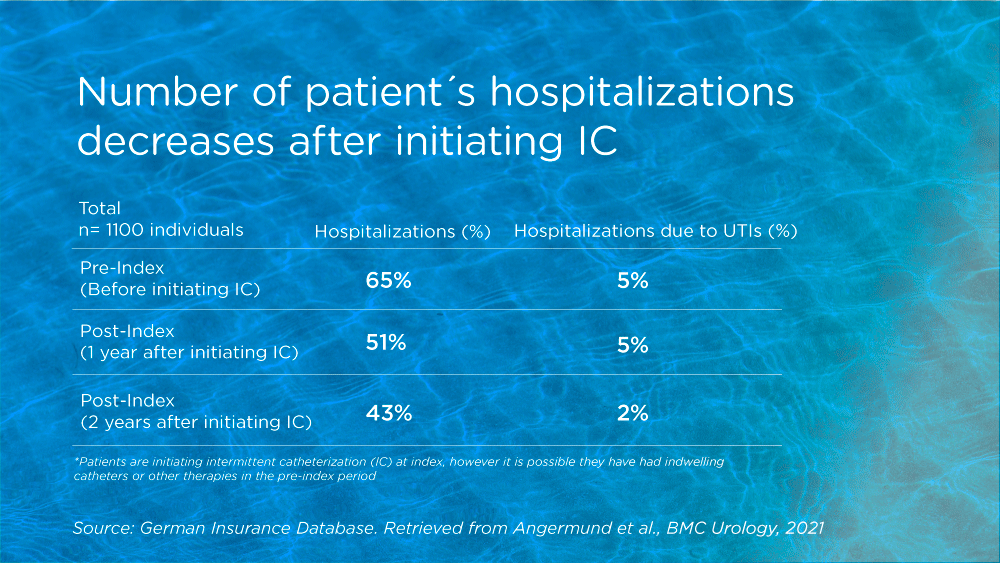People with neurogenic bladder and/or bowel dysfunction often suffer from highly individualized symptoms. It can be difficult to quantify change in an individual’s symptoms using standardized measurement tools, and points to the value of Patient—Centered Outcome Measures.
Read MoreTopics: Neurogenic bladder, Neurogenic bowel, Bowel dysfunction, Bladder dysfunction, quality of life
To address the lack of a standardized approach for the management of LARS, a bowel management program, called BOREAL, was developed and evaluated in this study, aiming to highlight the acceptability, feasibility and effectiveness of timely assessment and treatment of LARS.
Read MoreTopics: Bowel management, Transanal irrigation (TAI), Low Anterior Resection Syndrome (LARS), rectal cancer
Although urethral catheter placement is routine after surgical procedures of benign prostatic hyperplasia (BPH), no guidelines inform duration of catheter use.
Results from ratings provided by a multidisciplinary panel offer guidance in decreasing practice variation thereby reducing postoperative risks and improving the consistency and quality of care for patients undergoing surgery.
Topics: Lower Urinary Tract Symptoms (LUTS), Benign Prostate Hyperplasia
Low anterior resection syndrome (LARS) has a substantial negative impact on quality of life and almost 70% of patients experienced major LARS 1-11 years after rectal surgery.
Read MoreTopics: Bowel dysfunction, Low Anterior Resection Syndrome (LARS), rectal cancer
Studies on intermittent catheterization (IC) with larger samples sizes are rare and this study provides real-world evidence on IC use, which may be used to derive recommendations for improvement of care. This is among the first publications of a 3-year observation period including time before and after initial IC.
Read MoreTopics: Urinary Tract Infection (UTI), Bladder management, Health Economy, Intermittent Catheterization






